
As 2023 draws to a close, we wanted to give you a taste of some of Bruegel's best and diverse research outputs from this year.
In the run up to Christmas, Bruegel ran a #12DaysOfEconomicPolicy social media campaign, highlighting the most read publication from each month of this year. Below you will see each of those papers which you can take a look back on.
Listen to Bruegel's end-of-year episode of the Sound of Economics podcast, where Rebecca Christie reviews the most important economic developments from 2023. Click here to listen.
You will also see a collection of Bruegel short reads on this page. This year we introduced two new research outputs: the First Glance and the Analysis. This collection has a wide range of topics to read back on - from central banking to gender parity, from climate finance to emerging fiscal rules.
This year was a big one for datasets at Bruegel. We launched four new datasets - the China economic dashboard, a dataset on EU digital regulation, a Future of Work technology adoption dashboard and a Future of Work uptake and inequality of telework dashboard - that are regularly updated, while our energy and climate datasets from 2022 are still going strong with either weekly or monthly updates.
Last, but not least, we have provided you with a list of some of the biggest events we hosted this year. Why not take some time to watch some of our event recordings over the holidays?
Remember, you can receive a curated list of all of Bruegel's latest research every week by subscribing to Bruegel's newsletter, the Why Axis, here.
Most read publications in 2023
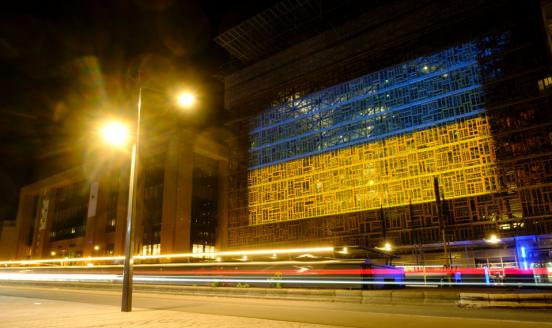
The impact of the Ukraine crisis on international trade
The direct aim of trade sanctions seems to have been achieved, while Russia’s capacity to finance the war from fossil fuel revenues is bound to shrink
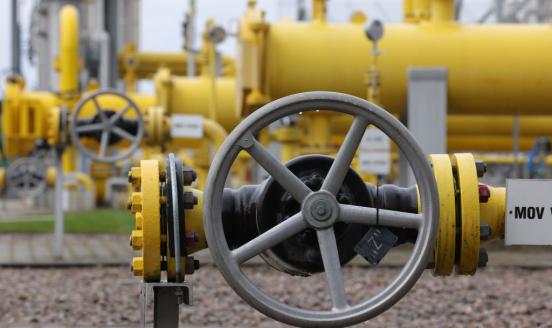
Preparing for the next winter: Europe’s gas outlook for 2023
We explore in detail the two pillars of energy security: LNG supply and the nature and volume of natural-gas demand reductions.
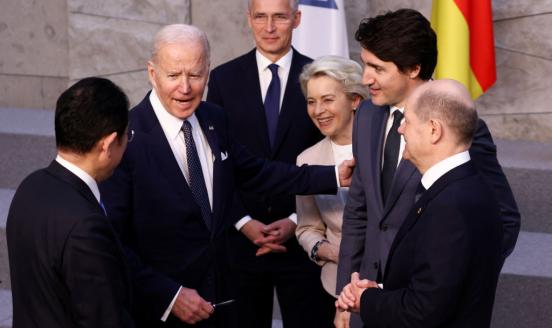
How Europe should answer the US Inflation Reduction Act
This policy brief explains what is in the IRA, the impact on the EU and other economies, and how the EU should react.

Why Europe’s critical raw materials strategy has to be international
In ensuring supplies of critical raw materials, the European Union cannot rely on domestic measures alone.

Sanctions against Russia will worsen its already poor economic prospects
Sanctions, coming on top of longstanding domestic shortcomings, are gradually weakening Russia.
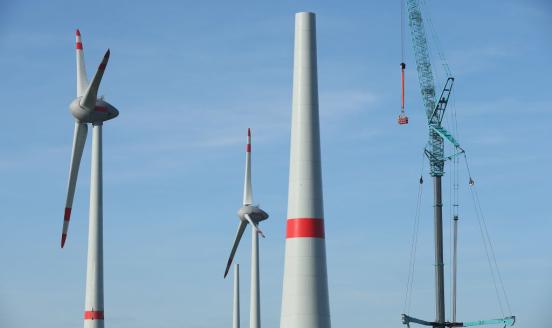
Sparking Europe’s new industrial revolution: A policy for net zero, growth and resilience
This book assesses what must be done to implement industrial policy in a way that will achieve overarching goals while minimising distortions.
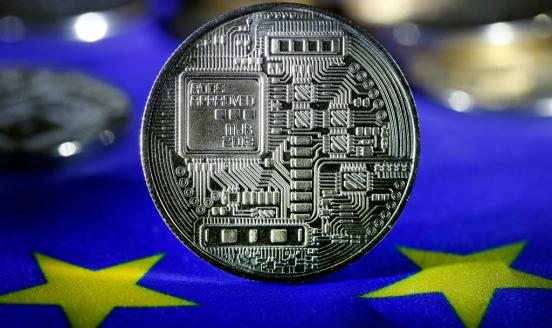
The value added of central bank digital currencies: a view from the euro area
Central bank digital currencies do have added value, but this is not the same for every country.
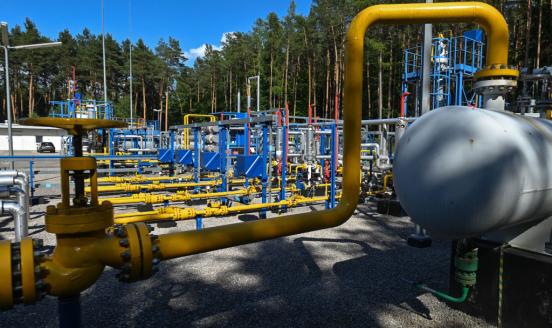
The EU can manage without Russian liquified natural gas
How can the European Union achieve its target of eliminating all Russian fossil-fuel imports by 2027?

A quantitative evaluation of the European Commission’s fiscal governance proposal
This paper focuses on the fiscal adjustment that the first regulation would require of countries with debt above the treaty benchmarks.
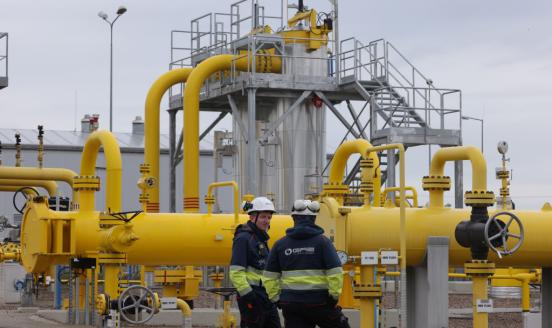
The European Union is ready for the 2023-24 winter gas season
Demand cuts, alternative supply and the green energy rollout mean the EU likely has enough gas for winter, even if Russian supplies are cut completely
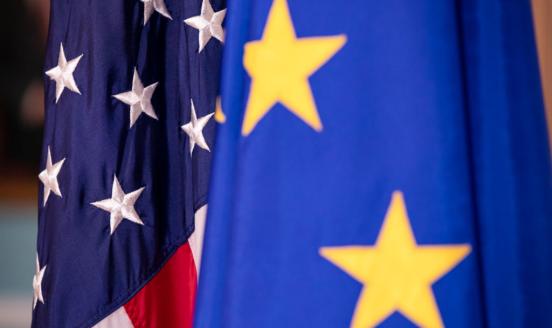
The European Union’s remarkable growth performance relative to the United States
The EU has outperformed the US on per-capita output growth; in terms of output per hour worked, some EU countries are as productive as the US

The competitive relationship between cloud computing and generative AI
Merger control and antitrust laws can address some of the competition risks arising from the relationship between generative AI and cloud computing.
Podcasts

A year in review
As 2023 closes, we look back at some of the most important and interesting economic policy developments from Europe and the world.

Why do patriarchal systems survive?
In this podcast episode, we explore how the patriarchy intersects with economy, society and polity.
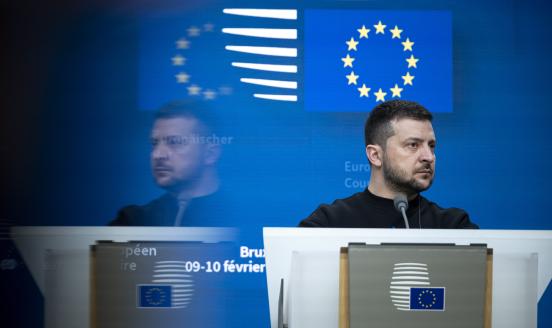
Ukraine’s future with the EU
What happens after the start of Ukraine's official accession talk?

The state of play on global tax
Discussing the latest developments in international tax cooperation.
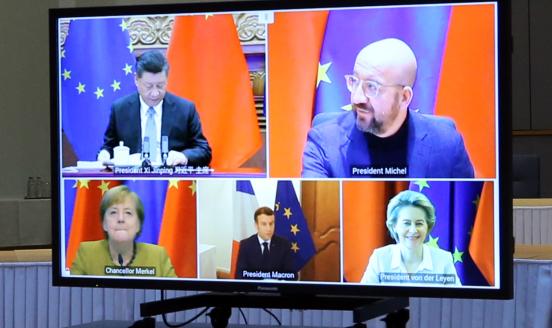
The evolution of EU-China relations
A glimpse into the evolving landscape of Europe's engagement with China.
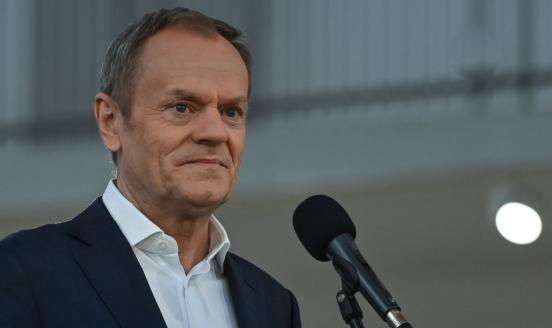
Charting Poland’s post-election path
What Poland’s election means for the country and for Europe.
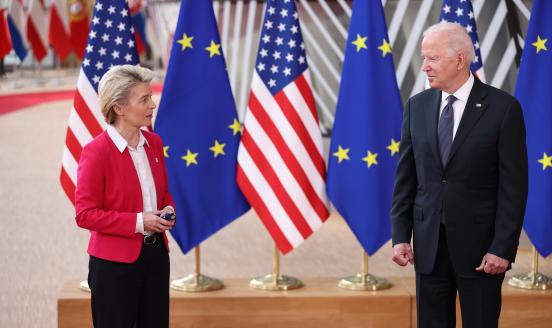
How should Europe react to the Inflation Reduction Act?
A deep dive into the IRA and its expected impact on the world trade system.

Skills-shift: navigating the future of work
How can we equip people with the skills they need to adapt to a rapidly changing labour market?

The triple purpose of EU industrial policy
How can the European Union’s industrial policy advance decarbonisation while fostering strategic autonomy and economic efficiency?
Bruegel's events

Digital empires: the global battle to regulate technology
Anu Bradford, the author of Digital Empires: The Global Battle to Regulate Technology engaged in a discussion with Fiona Scott Morton
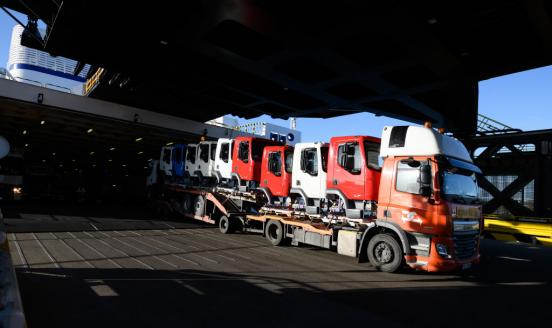
Reshoring, nearshoring or friend-shoring: What is the future of global supply chains?
What steps should policymakers take to improve supply chain robustness and resilience?
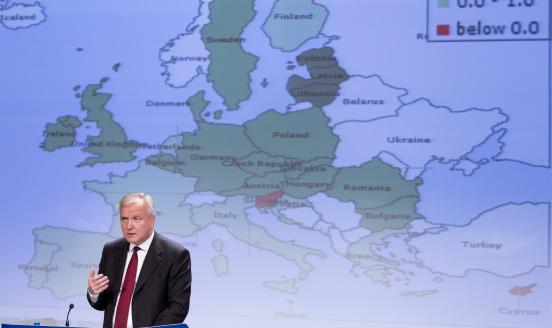
Lessons from Europe’s crises: conversation with Olli Rehn
From past to present crises - what has the EU learned? What does it still need to learn?

Integration, multilateralism and sovereignty: building a Europe fit for new global dynamics
How should Europe position itself in a world that is increasingly fragmented and polarized?
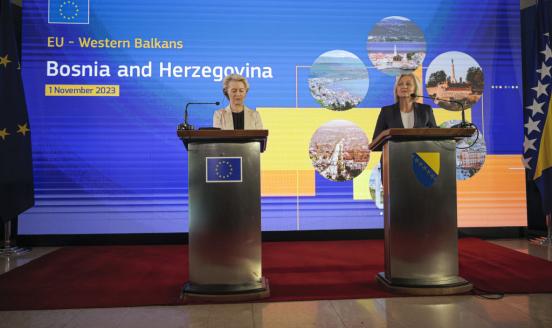
How should Western Balkan countries seize the opportunity of the EU’s new growth plan
At this event we focused on the EU's proposed growth plan for the Western Balkans

Bruegel Annual Meetings, 6-7 September 2023
A symphony in progress: shaping a new agenda for Europe
Short reads of the year
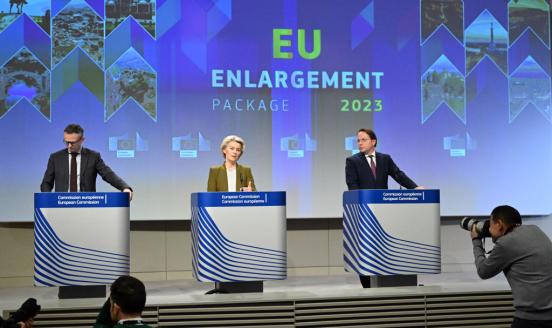
Rule of law rules future European Union enlargement
Clearer rule of law standards are needed to prevent strategic use of corruption in both enlargement countries and the current EU.
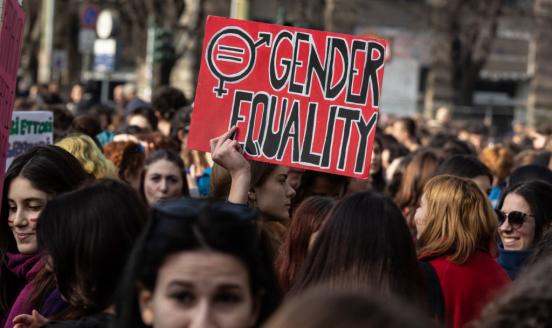
Productivity parity is the road to gender equality
Women can reach a higher potential in the workforce if men begin to play their part.
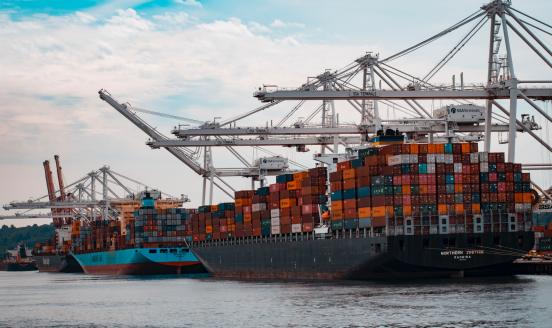
Tax for climate finance should start with shipping
Emissions from international shipping are the most realistic target for taxes to pay for climate spending in developing countries.

Central banks: uncertainty is the problem, not managing the trilemma
Regaining price stability is difficult but doable; the bigger problem facing central banks is economic uncertainty.
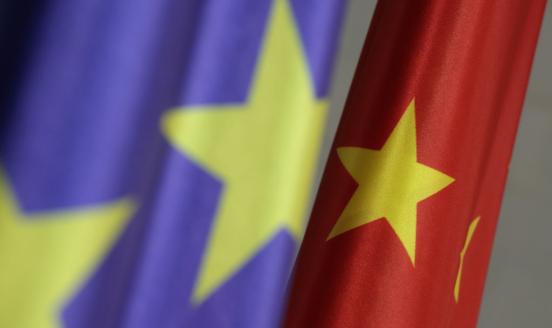
How might China hit back over the EU’s electric vehicle anti-subsidy investigation?
China’s silence towards the European Union’s electric vehicle probe could mean that a more harmful retaliation is on its way

Preparing for the virtual AI revolution: EU’s flexible principles imperative
Legislators and regulators should adopt flexible principles to promote technological innovations while minimising risks.

European Commission antitrust case targets Google’s dominance of online ad-space buying
The European Commission for the first time is considering forcing Google to divest part of its advertising services.

The US and Swiss messes may nudge the EU towards better international bank capital standards compliance
Bank collapses show the importance of strong capital and liquidity positions and should signal to the EU the benefits of closer adherence to Basel III
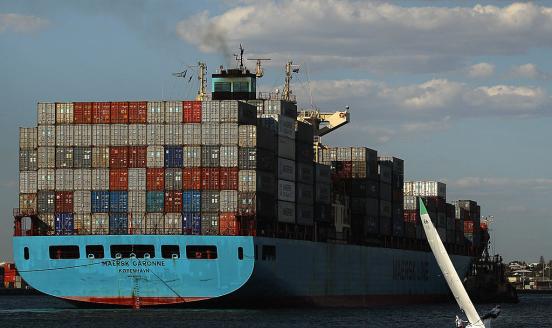
The reason for the European Union-Australia trade negotiation hiccup
Though trade talks have fallen through for now, the EU and Australia have long-term common interests in an eventual restart

‘Home-grown’ innovation has costs as well as benefits
Europe can improve its innovation systems, but should not try to copy the US approach
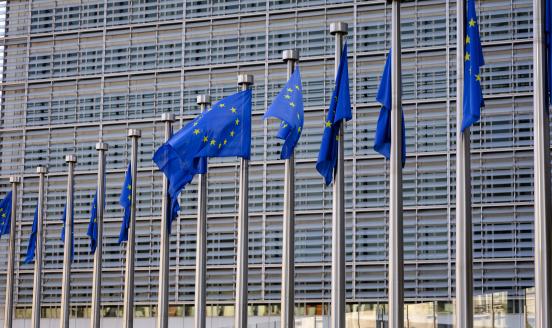
When will the European Union finally get the budget it needs?
The EU budget needs radical reform, but certain conditions must be in place for it to succeed.
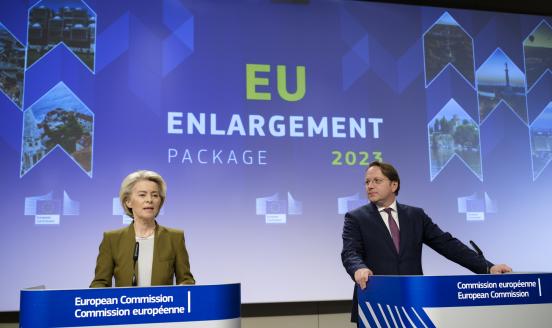
The benefits of bringing the Western Balkans into the European Semester
Integrating the Western Balkan countries into the European Union’s European Semester process is both feasible and desirable.

What really influences United Nations voting on Ukraine?
Speculation has been triggered about new alliances emerging in the Global South, inspired by China and India's voting behaviour.
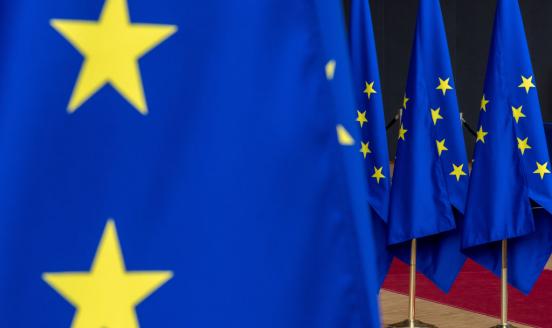
Fiscal rule legislative proposal: what has changed, what has not, what is unclear?
The proposed new fiscal rules constitute a major improvement from the current fiscal framework but missed an opportunity to foster green investment.
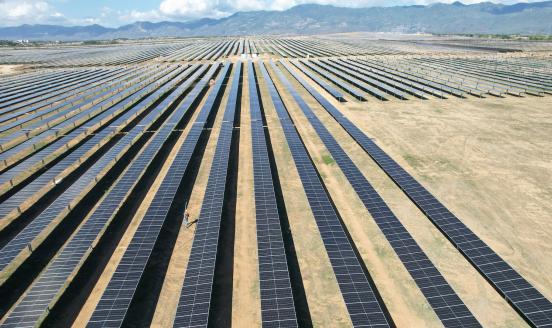
Cleantech manufacturing: where does Europe really stand?
A single European Union cleantech manufacturing capacity target should be based on an understanding of the situation in each cleantech sector

Can Europe make its space launch industry competitive?
Europe is falling behind in the global commercial space launch sector; a new programme may not be enough to fix the shortcomings
Datasets
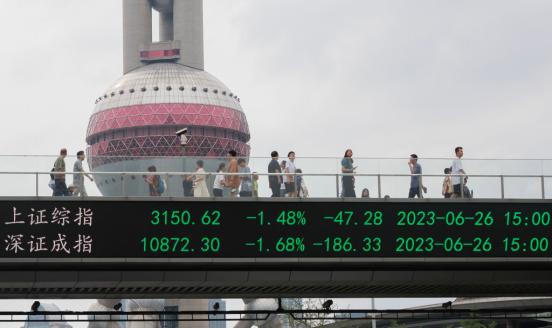
China economic database
Repository of what we consider to be the most relevant macroeconomic data for China and EU-China relations.

Real effective exchange rates for 178 countries: a new database

European natural gas demand tracker

Technology adoption dashboard

A dataset on EU legislation for the digital world

European natural gas imports
This dataset aggregates daily data on European natural gas import flows and storage levels.


